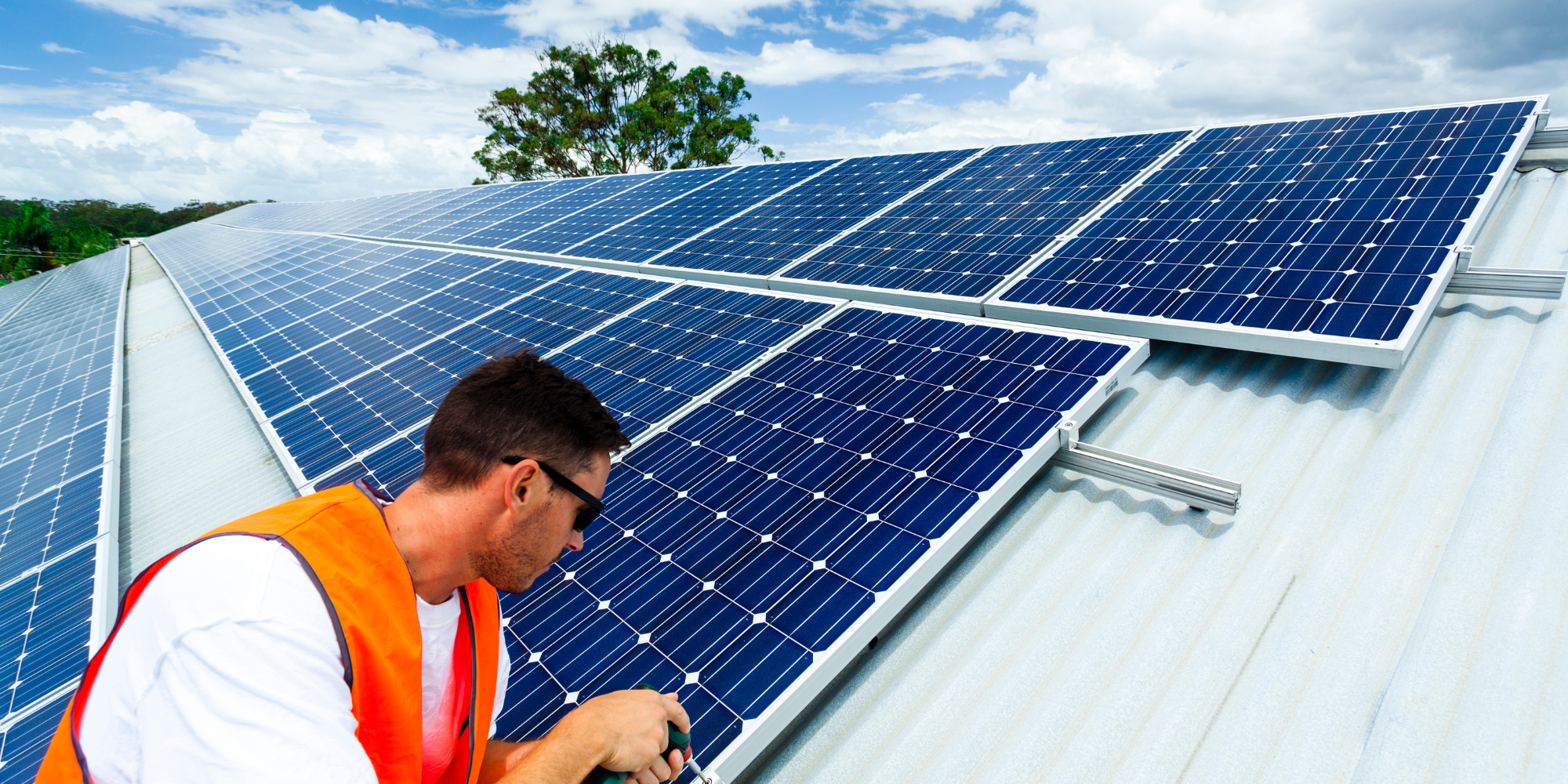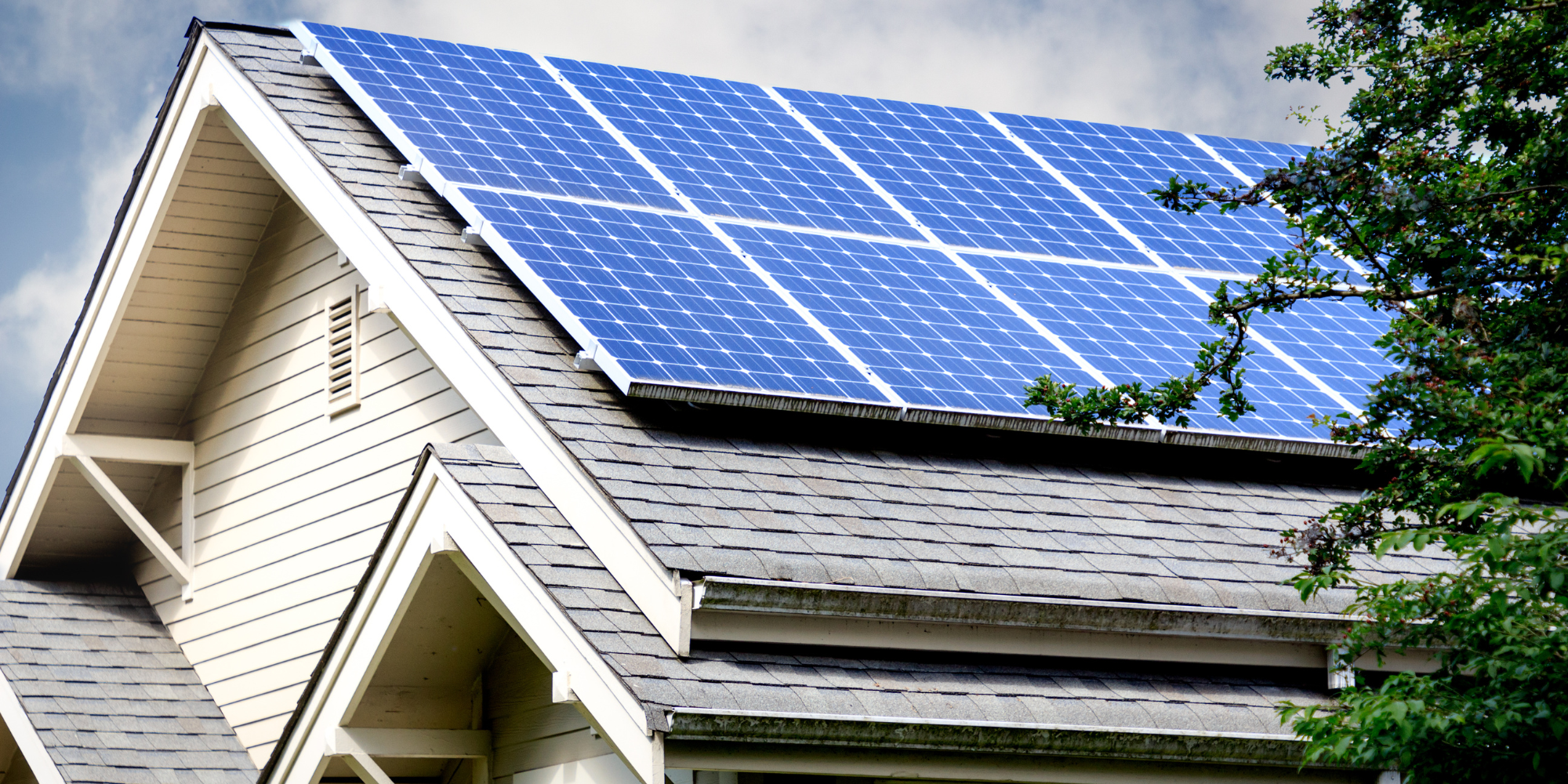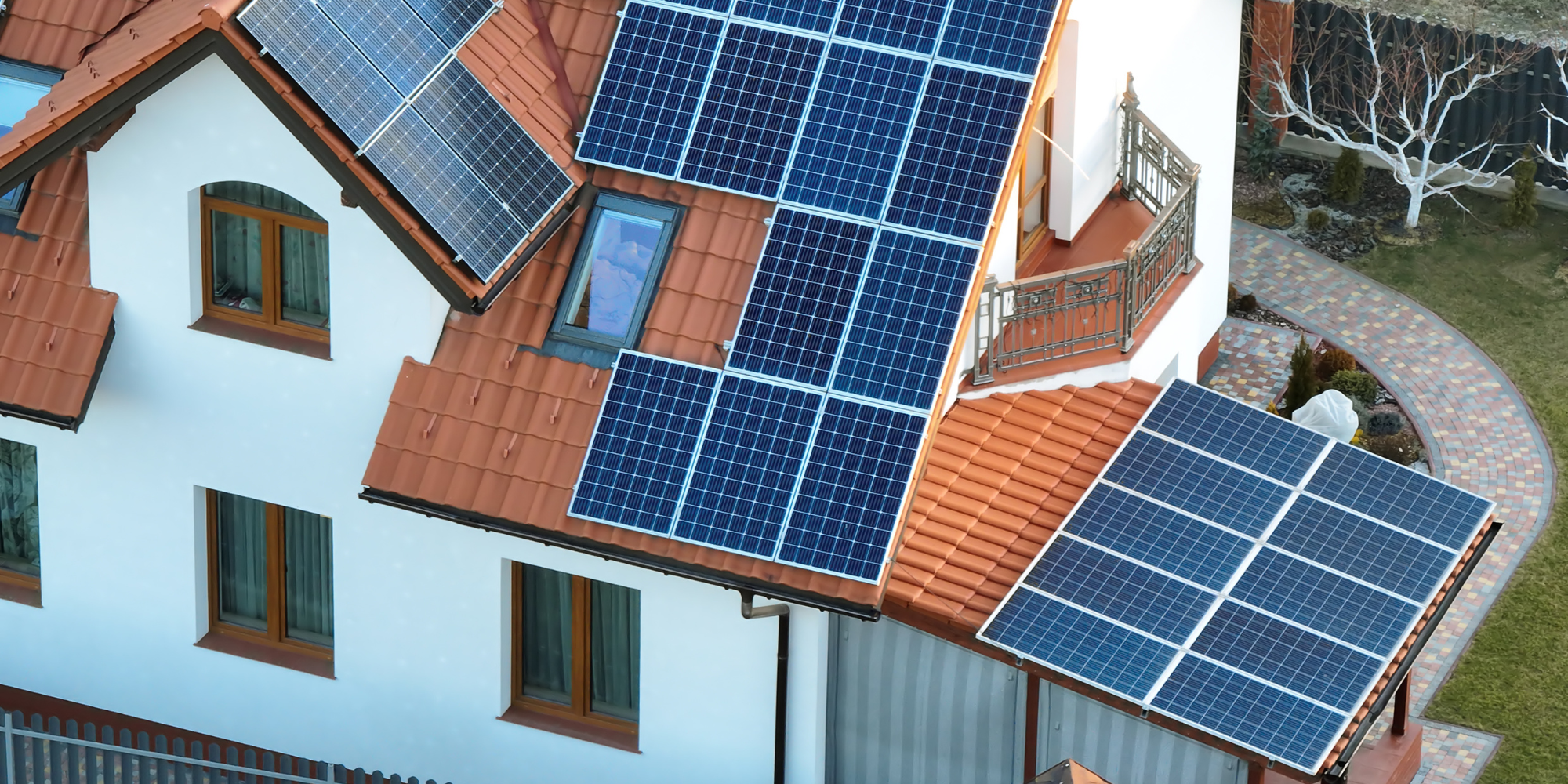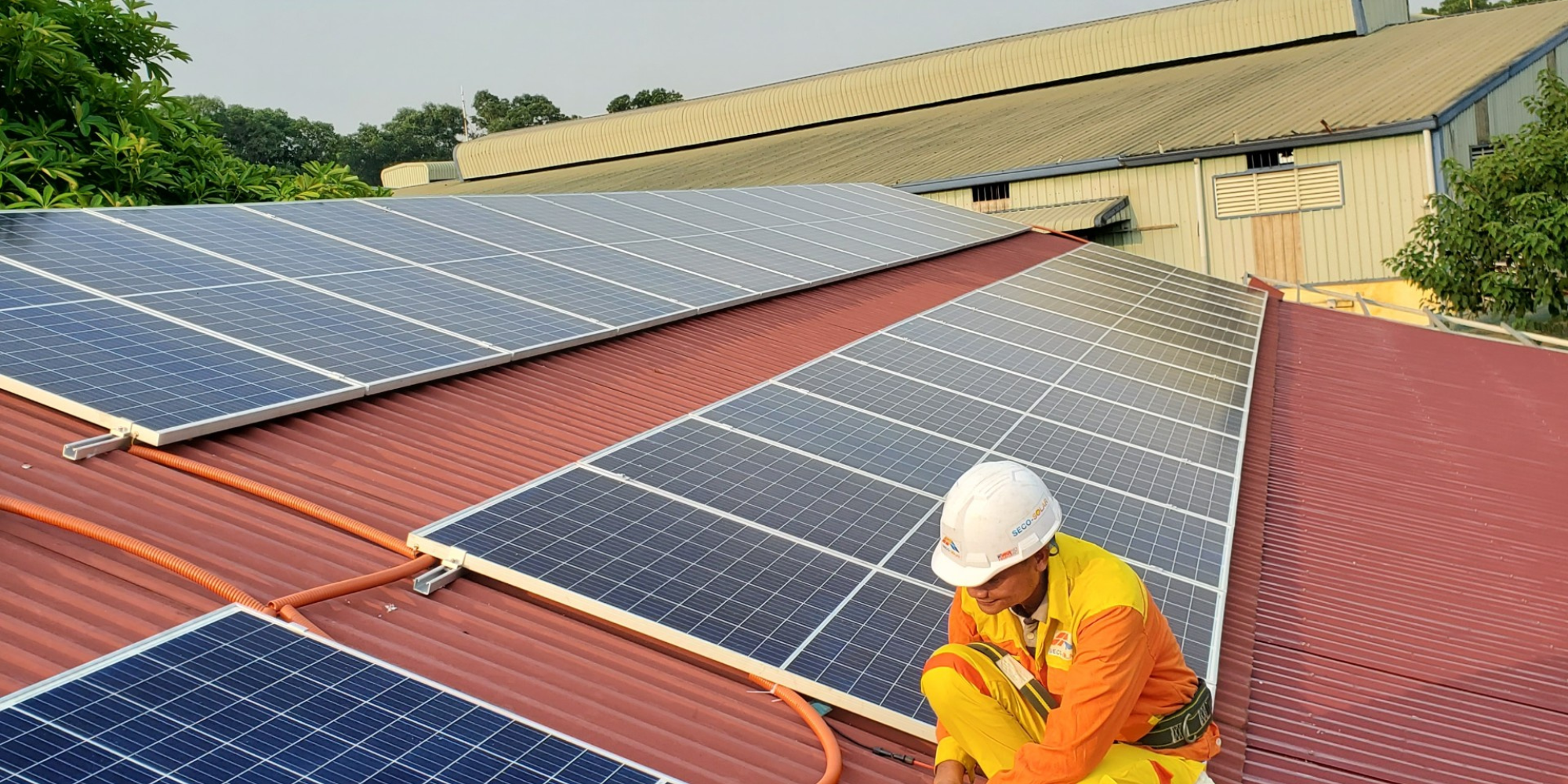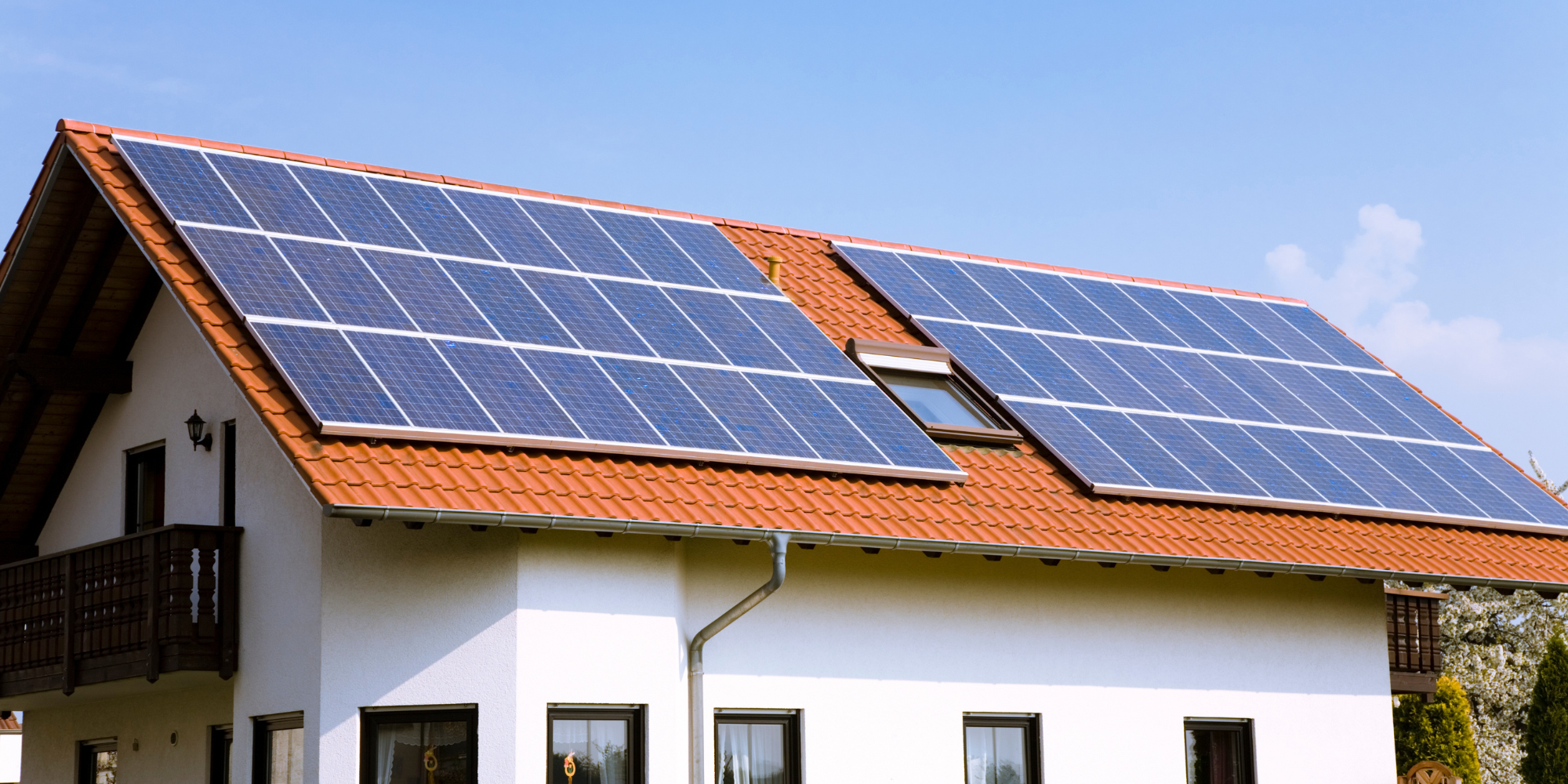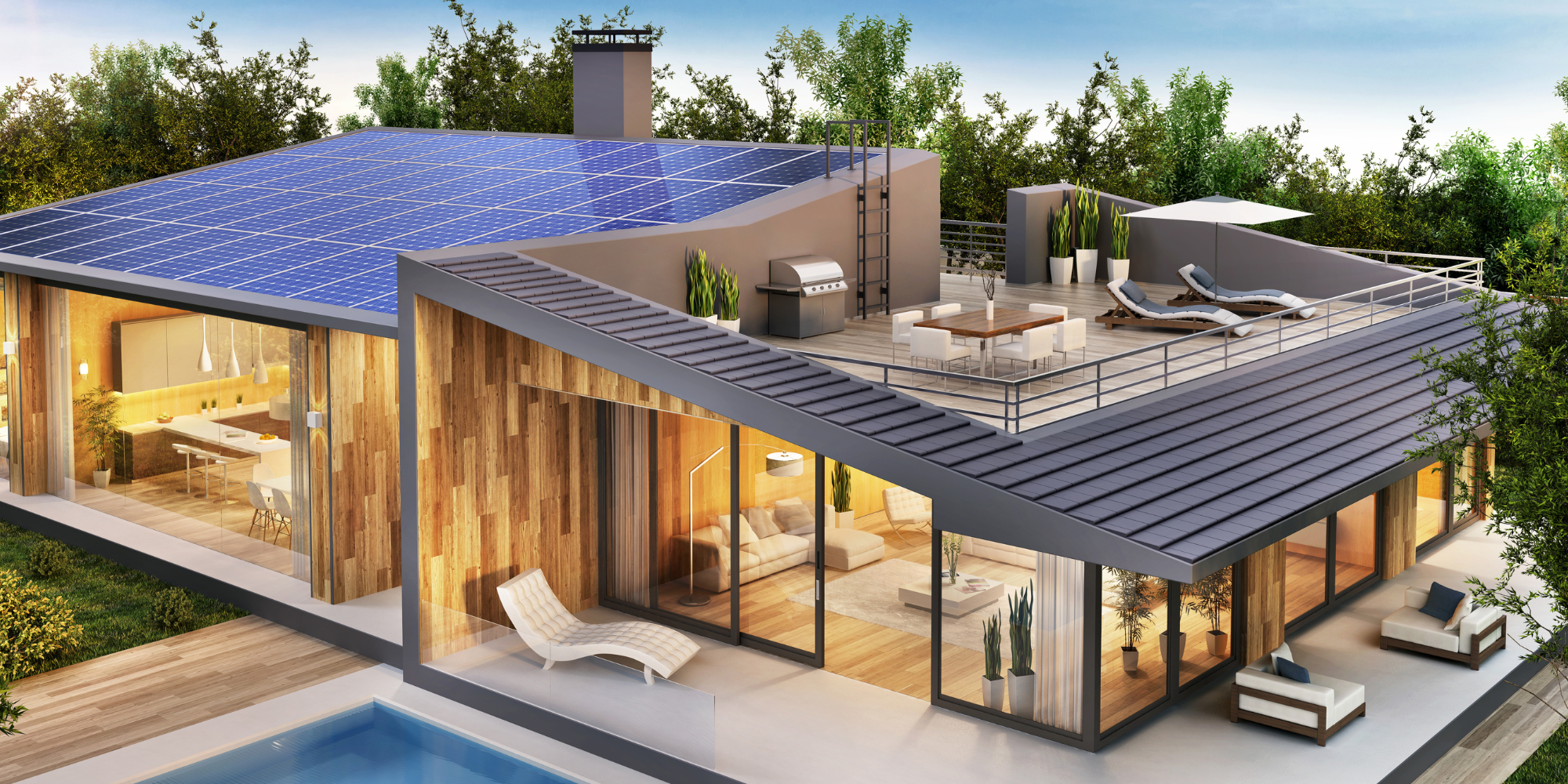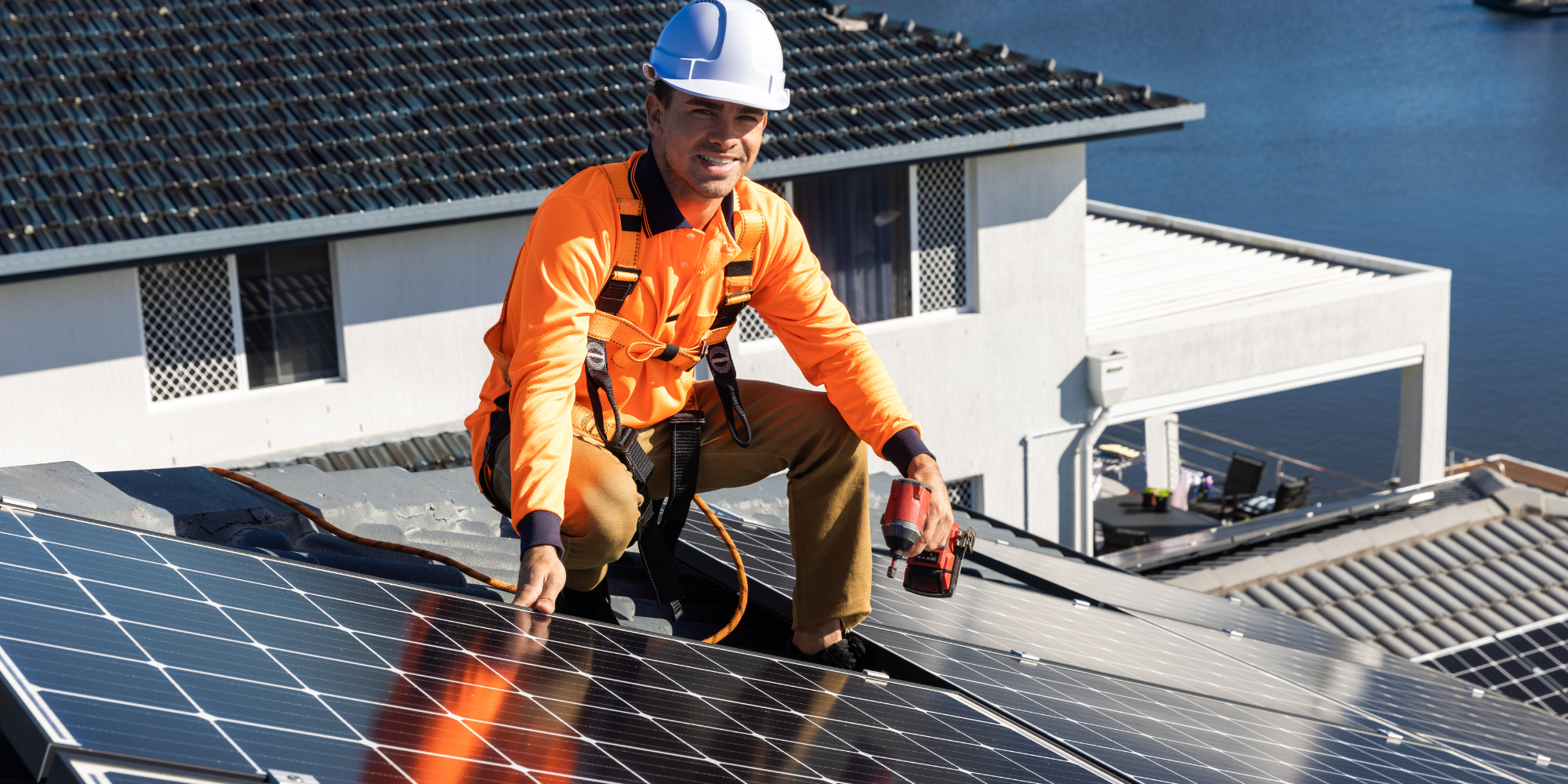Learn about our innovative solar solutions
Learn about our innovative approach to providing clean and sustainable energy through off-grid solar installations on rooftops. Discover the benefits of rooftop solar off-grid power plants for independent and efficient energy production.
